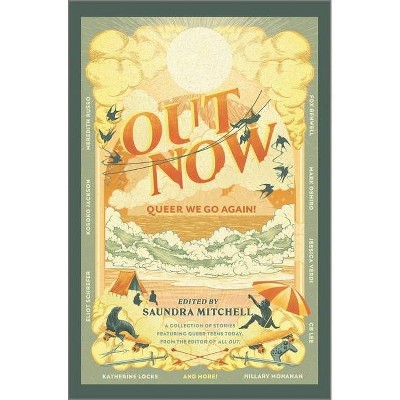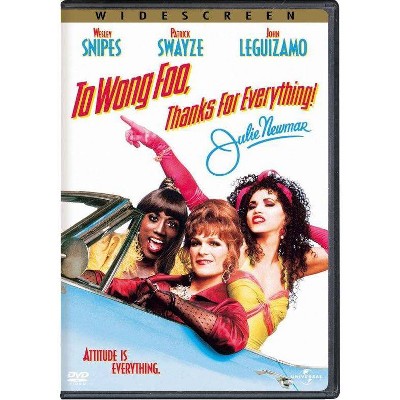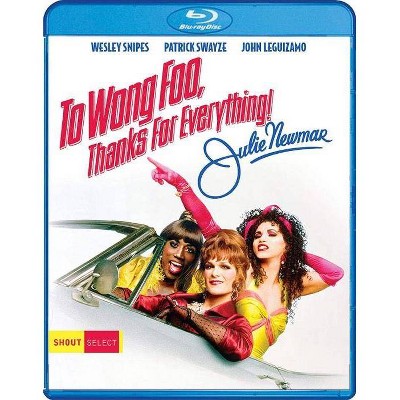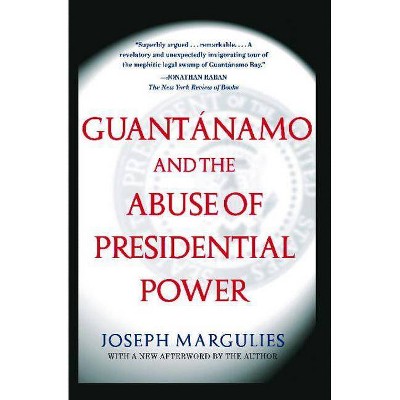Thanks for Everything (Now Get Out) - by Joseph Margulies (Hardcover)
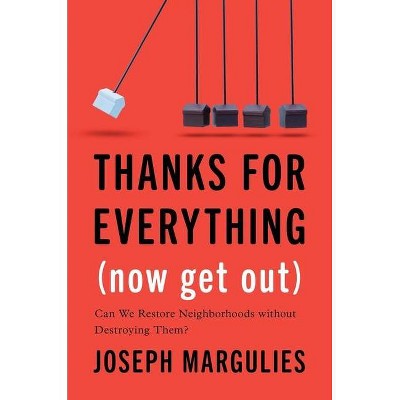
Similar Products
Products of same category from the store
AllProduct info
<p/><br></br><p><b> About the Book </b></p></br></br>A radical rethinking of how to make distressed urban neighborhoods more livable while preserving the residents' ability to live there<p/><br></br><p><b> Book Synopsis </b></p></br></br>When a distressed urban neighborhood gentrifies, all the ratios change: poor to rich; Black and Brown to white; unskilled to professional; vulnerable to secure. Vacant lots and toxic dumps become condos and parks. Upscale restaurants open and pawn shops close. But the low-income residents who held on when the neighborhood was at its worst, who worked so hard to make it better, are gradually driven out. For them, the neighborhood hasn't been restored so much as destroyed. <p/> Tracing the history of Olneyville, a neighborhood in Providence, Rhode Island, that has traveled the long arc from urban decay to the cusp of gentrification, Joseph Margulies asks the most important question facing cities today: Can we restore distressed neighborhoods without setting the stage for their destruction? Is failure the inevitable cost of success? Based on years of interviews and on-the-ground observation, Margulies argues that to save Olneyville and thousands of neighborhoods like it, we need to empower low-income residents by giving them ownership and control of neighborhood assets. His model for a new form of neighborhood organization--the "neighborhood trust"--is already gaining traction nationwide and promises to give the poor what they have never had in this country: the power to control their future.<p/><br></br><p><b> Review Quotes </b></p></br></br><br>"With piercing insights, Joe Margulies compellingly traces the history of one neighborhood in Providence, Rhode Island, a stand-in for distressed neighborhoods around the country. This utterly original book takes on many of our assumptions about race, poverty, and gentrification--and tackles the toughest question of all: In restoring these places, do we set them up for destruction?"--Alex Kotlowitz, author of <i>An American Summer</i>, winner of the J. Anthony Lukas Book Prize <p/>"T<i>hanks for Everything, Now Get Out</i> not only provides insights into the systemic challenges low-income neighborhoods face but tangible solutions for neighborhood-controlled outcomes. It's time to stop locking people out of their own power."--Adriana Abizadeh, Kensington Corridor Trust <p/>"<i>Thanks for Everything (Now Get Out)</i> provides a necessary framework for answering basic questions about the political and economic forces that dismantled a neighborhood, and offers a vision for rebuilding. Moving, insightful, and necessary, this is a book you will want to read."--Noliwe Rooks, author of <i>Cutting School: Privatization, Segregation</i>, <i> and the End of Public Education</i> <p/>"In this meticulous case study of one impoverished urban neighborhood in the Northeast, Margulies argues--convincingly--that it just might be possible to restore blighted neighborhoods without destroying them. A gripping read that will change how you think about neighborhood change."--Kathryn Edin, coauthor of <i>$2 a Day: Living on Almost Nothing in America</i> <br> <p/><br><p/><br></br><p><b> About the Author </b></p></br></br><b>Joseph Margulies</b> is a civil rights attorney and Professor of the Practice of Law and Government at Cornell University. His most recent book is <i>What Changed When Everything Changed: 9/11 and the Making of National Identity</i>.
Price History
Price Archive shows prices from various stores, lets you see history and find the cheapest. There is no actual sale on the website. For all support, inquiry and suggestion messagescommunication@pricearchive.us
